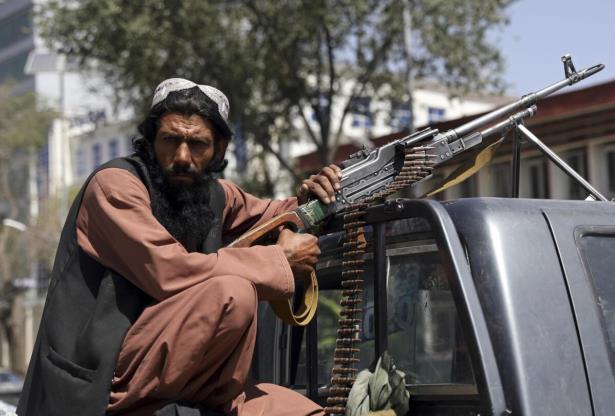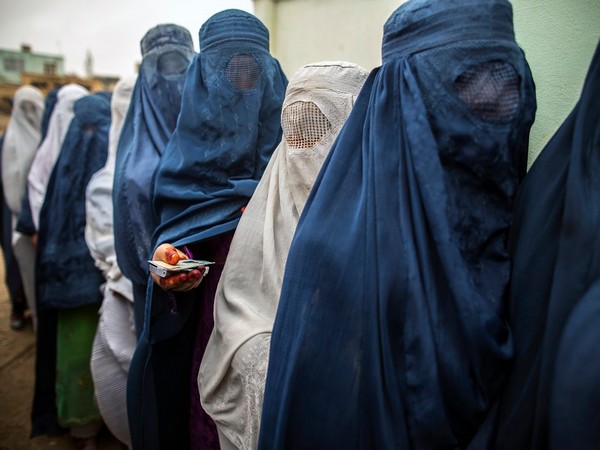Following the worsening situation in Afghanistan, the spokesperson for the Foreign Ministry of Qatar Majed Al-Ansari said that the complete isolation of Afghanistan will not work and the only way forward is engagement, reported TOLO News.
“We fully understand that the situation in Afghanistan today is not easy for the international community to engage with the current government, but complete isolation is not the situation, it didn’t work, it will not work” and “the only way forward is engagement,” he said.
Moreover, Ansari highlighted that Qatar is working to mediate in Afghanistan and the rest of the world.
“Afghanistan is a very important topic for Qatar. We are highly invested in that issue. We are working on mediating between Afghanistan and the rest of the world basically. So, a lot of things to be done,” he added.
Meanwhile, according to some political analysts, it is important to have a mediator to resolve the current situation in Afghanistan, TOLO News reported.
Sayed Qaribullah Sadat, a political analyst said, “The issue of China and Taiwan is a problem, and a mediator is needed. The issue of Saudi Arabia and Iran has a problem, and a mediator is needed, similarly, Afghanistan’s position from a political and economic point of view and the challenges that Afghanistan’s politics face, needs a mediator.”
Another political analyst noted that Qatar can be a good mediator in the ongoing situation of Afghanistan as its political journey began from Qatar.
“Qatar can both pave the way and become a good mediator in the current situation because the political journey of the Islamic Emirate started from Qatar,” said Mohammad Ajmal Zurmati, a political analyst.
Moreover, according to TOLO News, Ansari said Qatar’s Foreign Minister and the Taliban leader have discussed various issues in a meeting, including women’s right to work and education, reported TOLO News.
Earlier this week, the UN special rapporteur for Afghanistan, Richard Bennett said that women and girls in Afghanistan have lost trust in the global community and the international community has betrayed Afghan women, reported Khaama Press.
Bennett made these remarks during a session titled “Combatting Gender Apartheid in Afghanistan” on the sidelines of the 78th United Nations General Assembly held on Friday.
Further, he called for practical measures to end gender apartheid in Afghanistan.
He stated that Afghan women and girls have been left isolated and a sense of mistrust towards the global community has developed among Afghan women.
Afghan women have been facing discrimination and injustice for two years now. Be it in terms of education, jobs, or life, they have been suffering since the Taliban took over.
Taliban leaders have also disregarded international calls for women and girls to be given access to education and employment. Apparently, they have also issued warnings to other nations not to meddle in Afghanistan’s domestic affairs. (ANI)
Read More: https://lokmarg.com/

